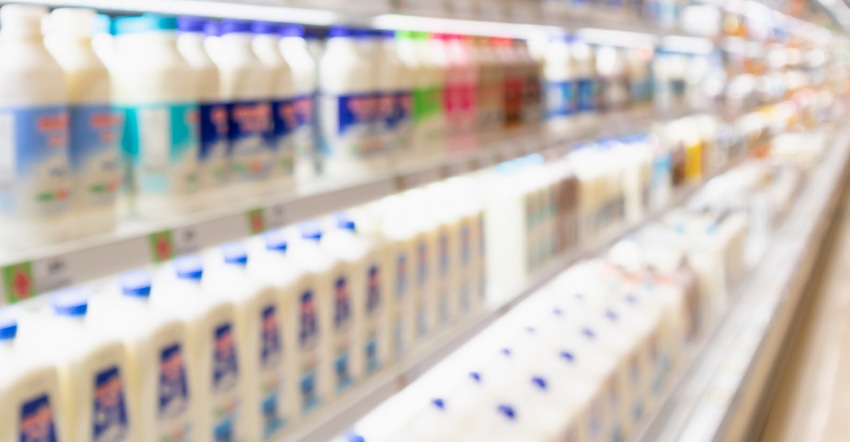September 27, 2019

Given the lack of trade agreements and ongoing tariff tussles, it has been extremely frustrating for farmers to see international markets decimated before their eyes.
Those markets were built over the last few decades with money from farmers’ checks.
Since government mandatory checkoff programs were introduced in the 1980s, farmers nation-wide have poured billions of dollars into marketing, education and research for their raw products.
Nationally, each commodity can point to advertising efforts that resonated with U.S consumers. Dairy had a few winners — its milk mustache campaign, “Got milk?” and “Milk — It does a body good.” Actor Sam Elliot drawled “Beef — It’s what’s for dinner.” Pig producers showed their colors with “Pork — The other white meat.”
Internationally, all groups have been busy promoting U.S. farm products via trade mission trips.
However much these efforts help us feel good about doing something to sell what farmers produce, are they still cost-effective and relevant to today? Have checks and balances on the business conducted by commodity staffs and elected farmer boards been thorough enough?
At the risk of raising the ire of many, I raise these questions after reading a Sept. 4 Milwaukee Journal Sentinel investigative story on Dairy Management Inc. and how the non-profit allocates an annual $160 million budget. DMI is the dairy industry’s national promotion program funded by checkoff fees. The story pointed out:
The CEO has been paid a $1 million salary over the last few years while the dairy industry has been reeling with depressed milk prices and hundreds of dairy farmers have been selling their cows. IRS records showed that 10 DMI executives were paid an average of more than $800,000 each.
Dairy farmers pay more to its checkoff program than pork or beef, according to USDA records. The story noted that in 2018, the three programs collected a combined $895 million to promote commodities. Dairy farmers contributed 47% of that, amounting to more than $420 million.
U.S. per capita milk consumption has fallen, or remained flat, every year since 1985. Milk consumption fell 24% during the national "Got Milk?" campaign, which ended in 2014.
DMI paid about $55 million to a public relations firm from 2013 to 2017. Of note was that a DMI executive vice president worked for the PR agency before joining the non-profit.
A DMI affiliate, located on Madison Avenue in New York City, held a fundraiser on a retired aircraft carrier on the Hudson River. DMI said the event was paid for through corporate sponsorships.
Collection of farmer fees and expenditures of big dollars deserves a robust review, especially since some checkoff assessments have been on auto-pilot since commencing.
Dairy, specifically, calls for a 15-cent per cwt assessment. Ten cents is sent to DMI for national efforts, while a nickel stays in state for local promotion and research. All dairy farmers pay into the checkoff except organic producers who are exempt from the national assessment. There is no opt-out option for dairy.
That said, five commodity groups in Minnesota allow farmers to request checkoff fee refunds from the Minnesota Department of Agriculture. They are corn, dry edible beans, potatoes grown in Area Two, sunflowers and turkeys. You can learn more online from MDA's website.
The investigative story noted that the checkoffs withstood a legal challenge in 2005 when the U.S. Supreme Court ruled that they were protected “government speech.” The story also notes that bills to reform checkoff programs and increase transparency have languished in the Senate.
I know commodity research and promotion programs have provided solid investments in their respective raw products to bring new manufactured products to market and to help educate consumers about nutrition. Those efforts deserve acknowledgement and thanks.
At the same time, farmer board members need to keep asking questions and respectfully challenge directions and expenditures that seem extravagant. Those checkoff dollars deserve to be wisely invested.
You May Also Like




